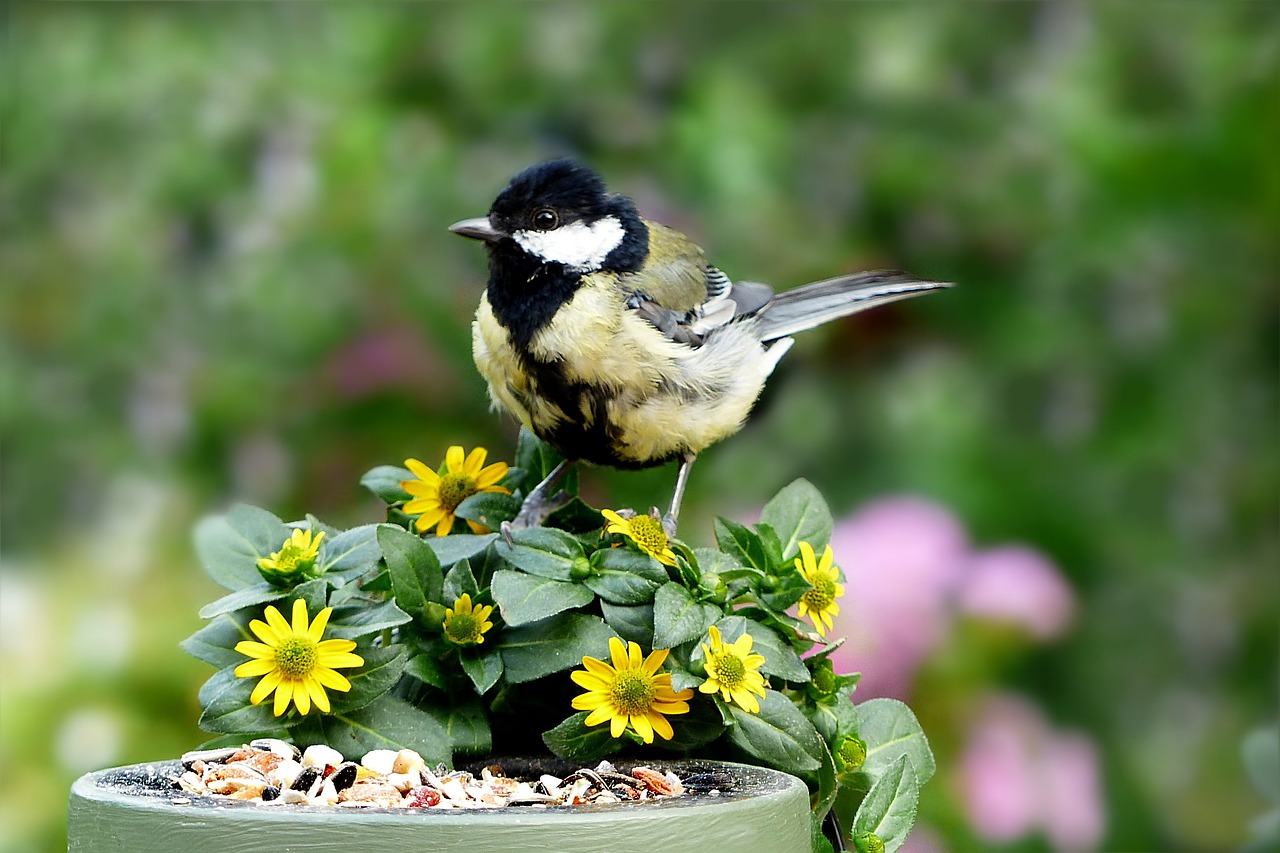Observing birds from your kitchen or living room window is one of life’s great pleasures for a birder, and the best way to attract more species is to approach gardening with a bird’s eye view. Fortunately, creating a bird-friendly backyard doesn’t necessarily require a total landscaping overhaul. Instead, try these easy solutions to help birds feel more at home.

Think outside the lawn
Humans love big, lush, grassy lawns. Birds? Not so much. Not only do lawns offer birds little in the way of food, they also leave them highly exposed to predators (especially outdoor domestic cats). Giving up part of your lawn to trees, shrubs, tall grasses and wildflowers will give birds more of what they need, and allow them to forage more safely.
Embrace native species
The birds in your neighbourhood have probably lived there much longer than you have, and they have evolved to live alongside the naturally occurring habitat and flora found there. That’s why it makes sense to lean into native species of plants and trees in your garden and let them run as wild as you can stand. Not everyone appreciates the charms of an “overgrown” garden, but birds definitely do.
Add a water feature

Birds need water just like every other creature, and installing a birdbath or other bird-friendly water feature will help make your yard a favourite hangout. Just make sure to install it in an open area (or fence it off) to hamper predators, keep it clean, and change the water every day or two.
Grow sunflowers
There’s a reason sunflower seeds are found in every kind of birdseed mix out there: birds really love them. In addition to offering a birdseed mix, you can also add these native North American flowers to your flowerbeds. Not only will they give the birds plenty to perch on and peck at throughout the season, but they are also guaranteed to put a smile on your face when they burst into bloom.
Live with dead trees

Dead trees may not be as pretty as living ones, but they are just as important to birds like woodpeckers, who use cavities in dead trees to build their nests. After you’ve removed upper branches that can pose a safety hazard, leave as much of the trunk standing as you can, and with any luck, it will soon be tenanted by some new feathered neighbours.
Happy birding!
Urban Nature Store

Leave a Reply